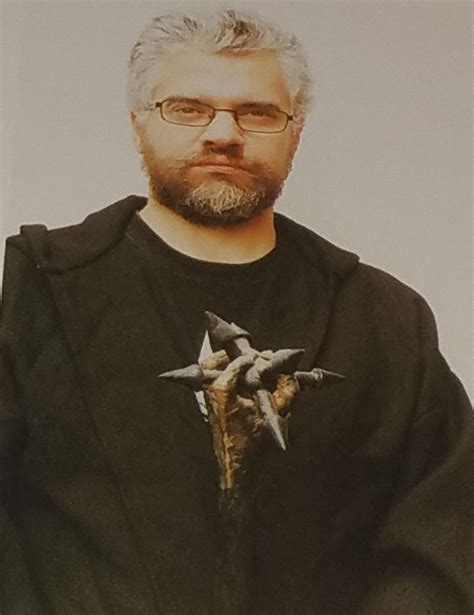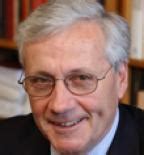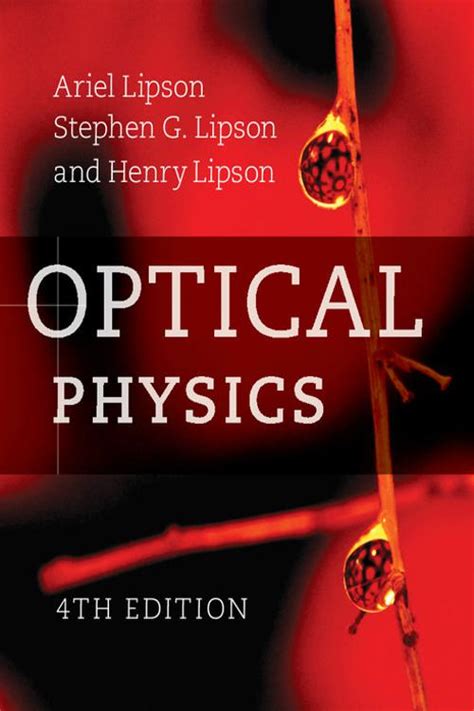A Quote by B. B. Warfield
If criticism has made such discoveries as to necessitate the abandonment of the doctrine of plenary inspiration, it is not enough to say that we are compelled to abandon only a "particular theory of inspiration..." We must go on to say that that "particular theory of inspiration" is the theory of the apostles and of the Lord, and that in abandoning it we are abandoning them.
Related Quotes
In these researches I followed the principles of the experimental method that we have established, i.e., that, in presence of a well-noted, new fact which contradicts a theory, instead of keeping the theory and abandoning the fact, I should keep and study the fact, and I hastened to give up the theory.
Henceforth, whilst there are a great many theories and models proposed as to how, or why, magic works (based on subtle energies, animal magnetism, psychological concepts, quantum theory, mathematics or the so-called anthropomorphic principle) it is not a case that one of them is more 'true' than others, but a case of which theory or model you choose to believe in, or which theory you find most attractive. Indeed, from a Chaos Magic perspective, you can selectively believe that a particular theory or model of magical action is true only for the duration of a particular ritual or phase of work.
It is not enough for theory to describe and analyze, it must itself be an event in the universe it describes. In order to do this theory must partake of and become the acceleration of this logic. It must tear itself from all referents and take pride only in the future. Theory must operate on time at the cost of a deliberate distortion of present reality.
If the theory accurately predicts what they [scientists] see, it confirms that it's a good theory. If they see something that the theory didn't lead them to believe, that's what Thomas Kuhn calls an anomaly. The anomaly requires a revised theory - and you just keep going through the cycle, making a better theory.
What the public does is not to express its opinions but to align itself for or against a proposal. If that theory is accepted, we must abandon the notion that democratic government can be the direct expression of the will of the people. We must abandon the notion that the people govern. Instead, we must adopt the theory that, by their occasional mobilizations as a majority, people support or oppose the individuals who actually govern. We must say that the popular will does not direct continuously but that it intervenes occasionally.
The source of inspiration can be any of the things:deep emotional experiences - say, romantic love or spiritual contemplation.I think such rare moments come only when you have total concentration. You are consumed in and by the music. I guess you could say that it is akin to contemplation. In order to reach this desirable state of mind you have to rise above the environment you're in at that particular time - a bad piano, glaring stage lights, or the attitude of the audience. Sometimes the inspiration of the other musicians you're playing with helps you reach this stage.
You have all this education theory, and people try to make larger statements than maybe what their data would back up, because they've done these small experiments that are tied to a very particular case with a very particular implementation... theory definitely matters, but I think dogma matters less.
Creationists reject Darwin's theory of evolution on the grounds that it is "just a theory". This is a valid criticism: evolution is indeed merely "a theory", albeit one with ten billion times more credence than the theory of creationism - although, to be fair, the theory of creationism is more than just a theory. It's also a fairy story. And children love fairy stories, which is presumably why so many creationists are keen to have their whimsical gibberish taught in schools.
I have always been slightly suspicious of the theory of evolution because of its ability to account for any property of living beings (the long neck of the giraffe, for example). I have therefore tried to see whether biological discoveries over the last thirty years or so fit in with Darwin's theory. I do not think that they do. To my mind, the theory does not stand up at all.






























